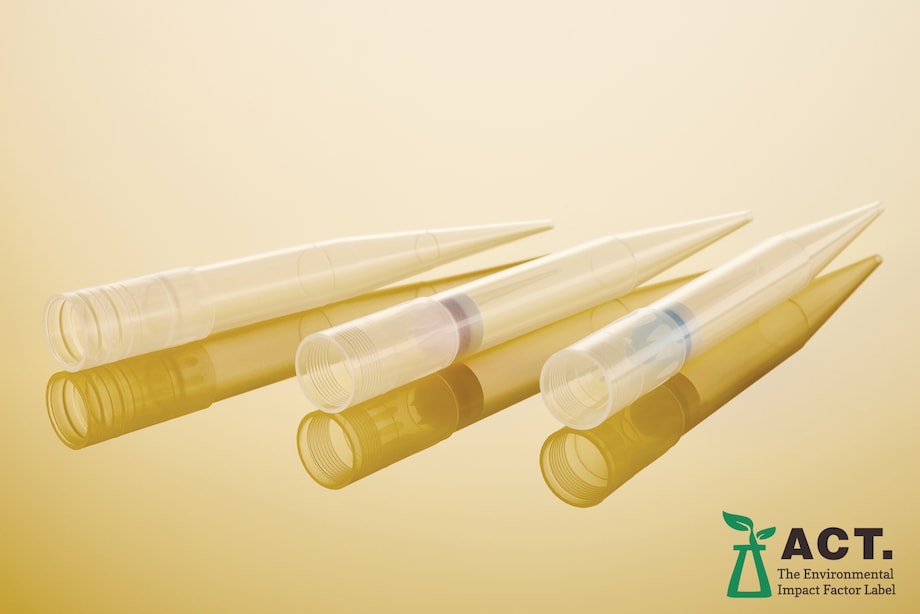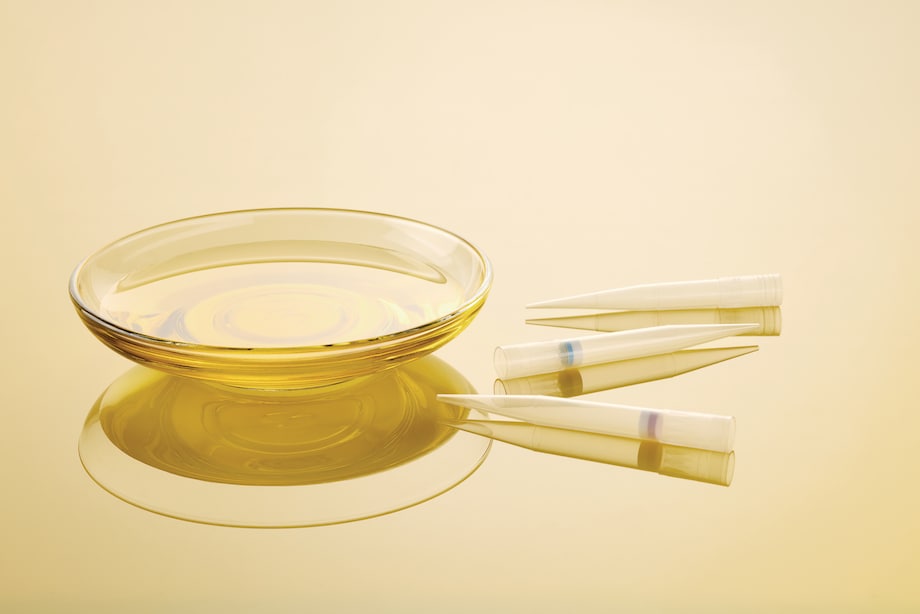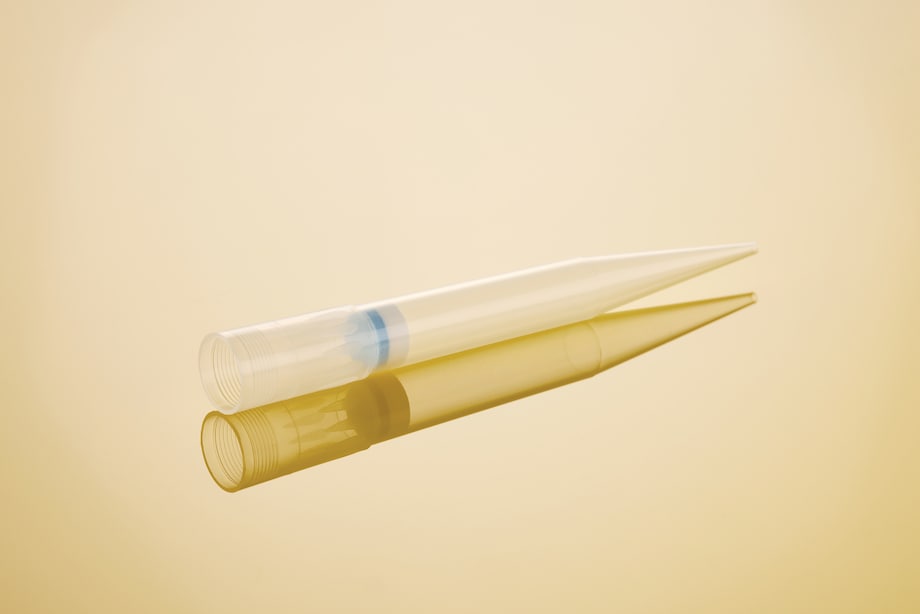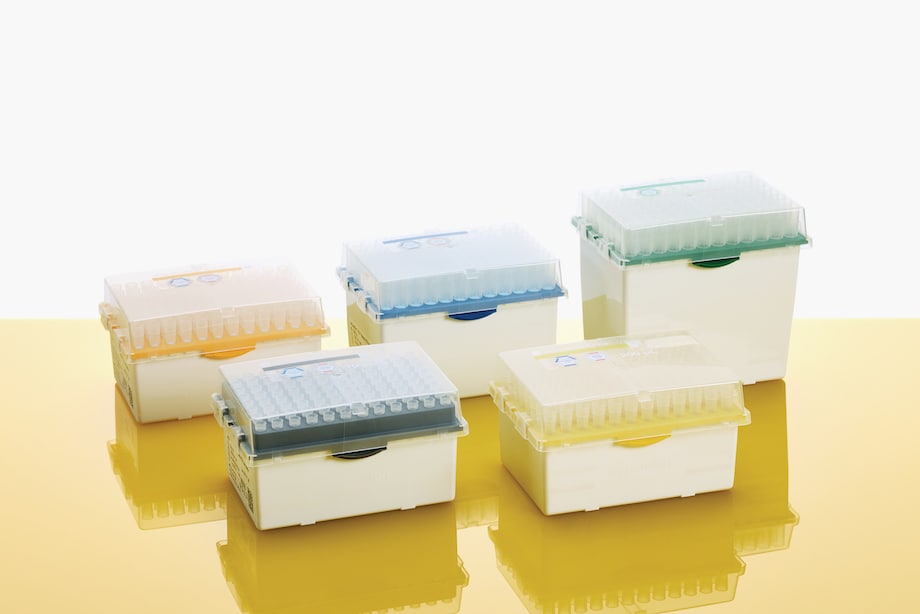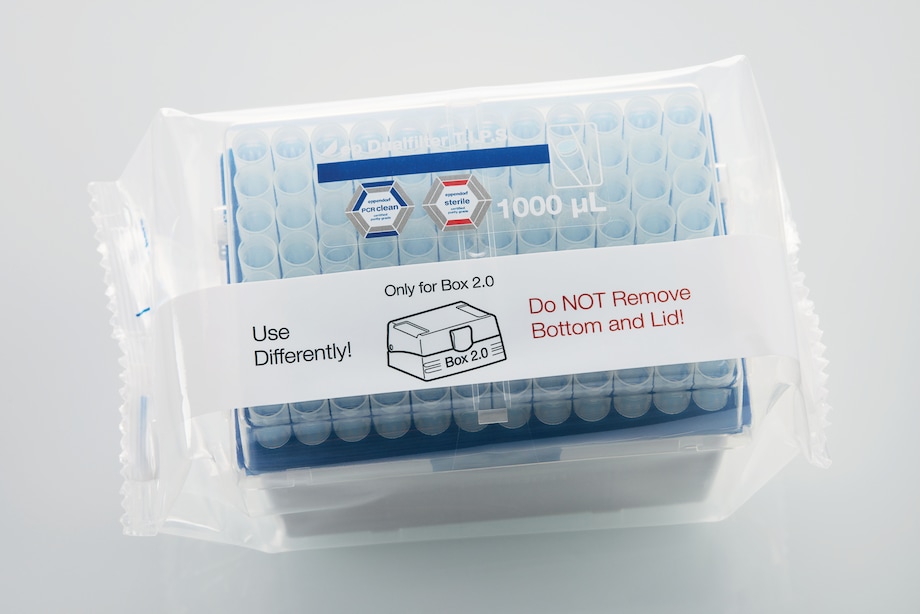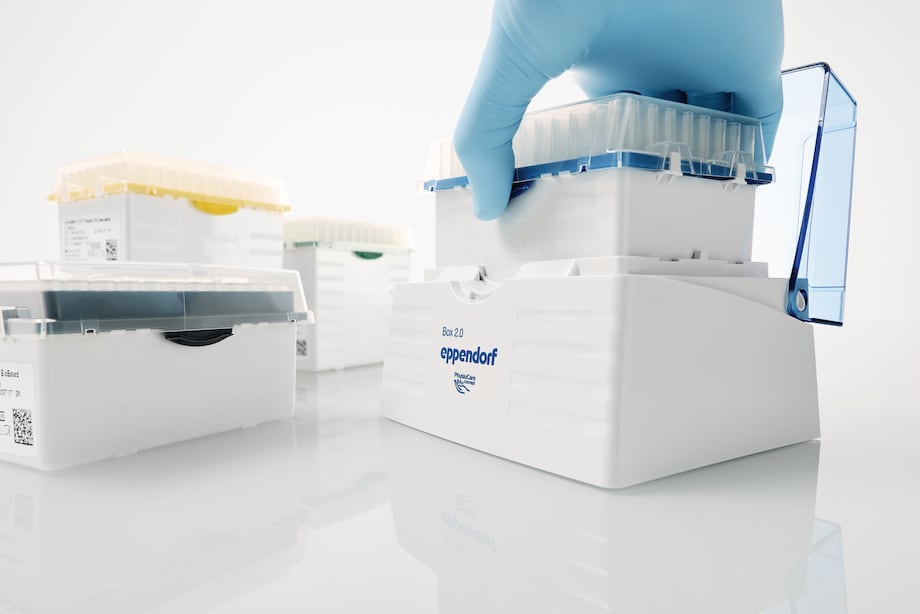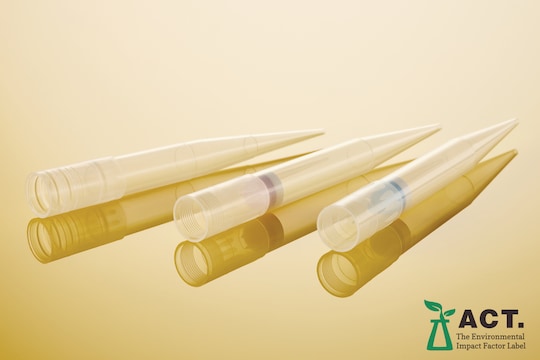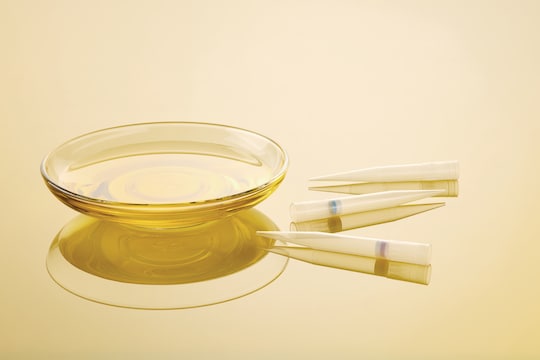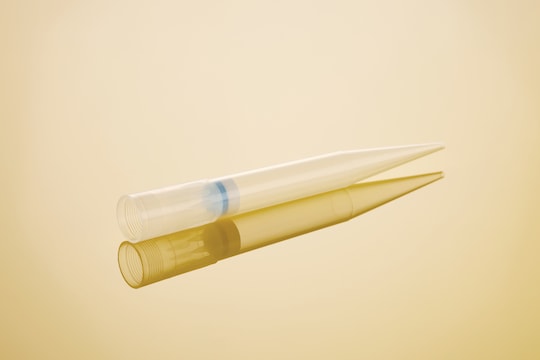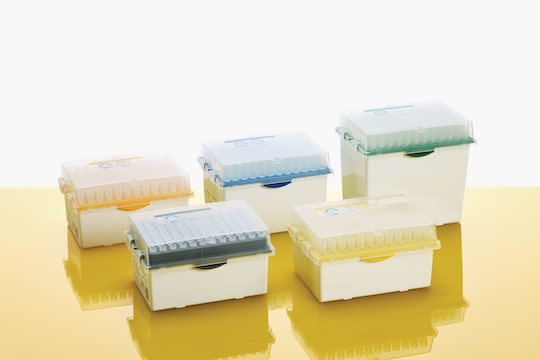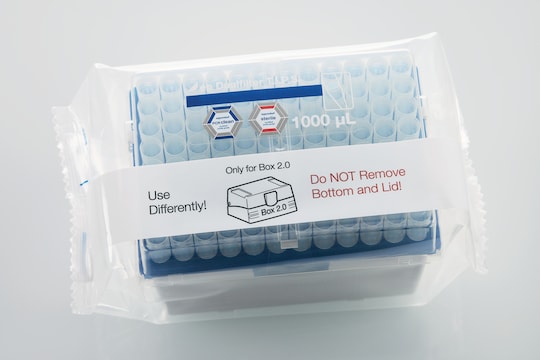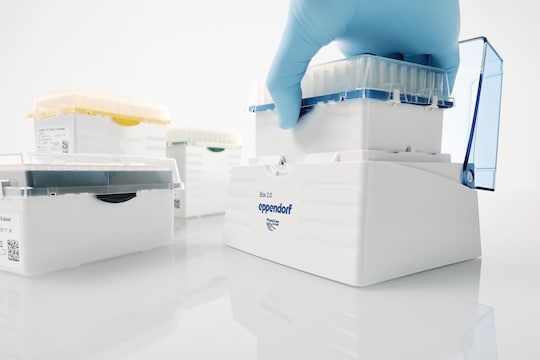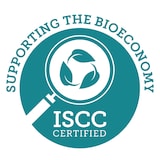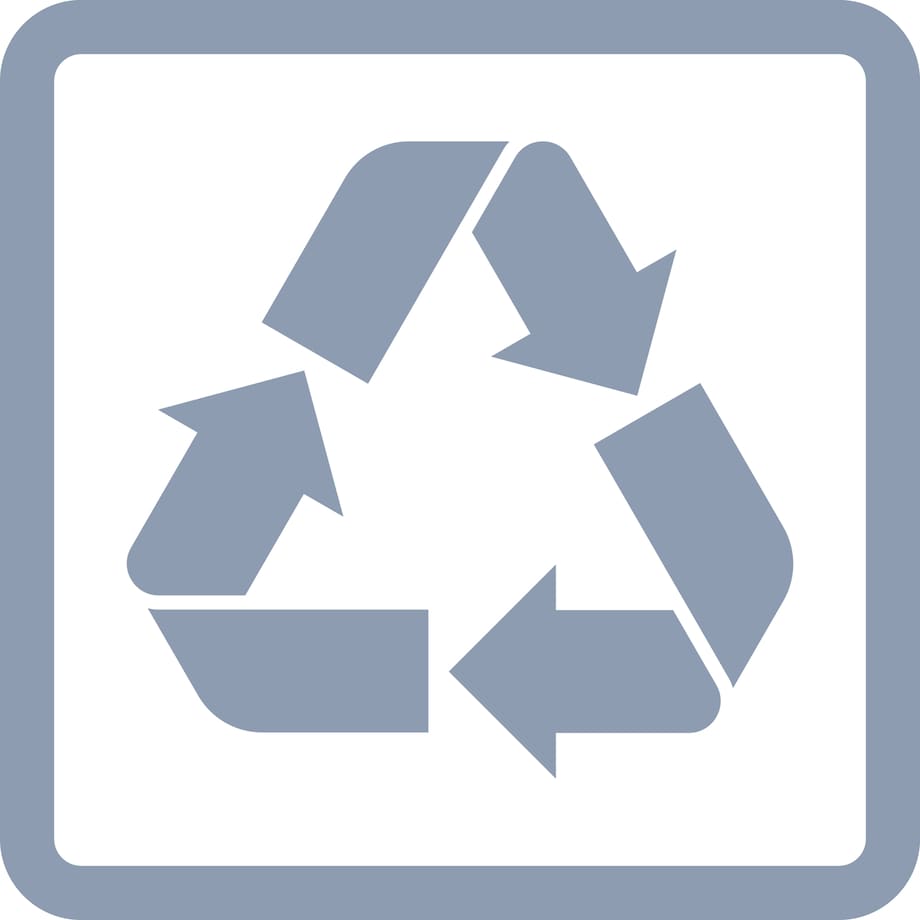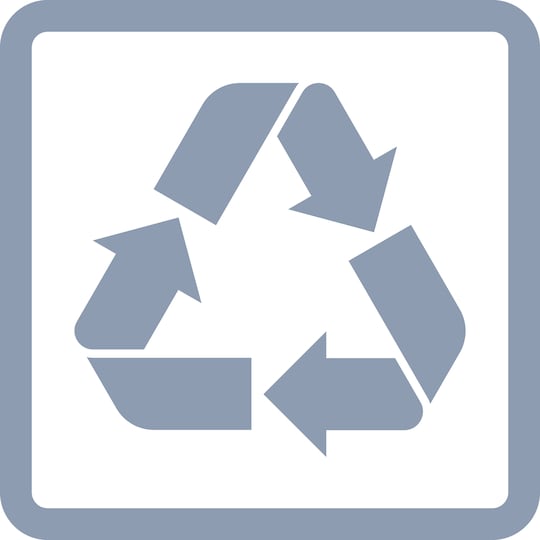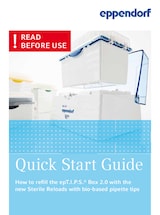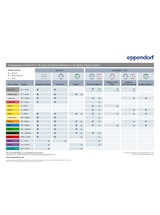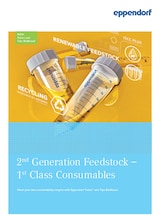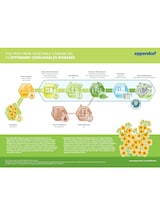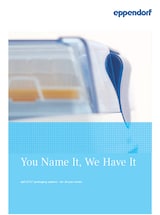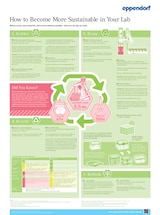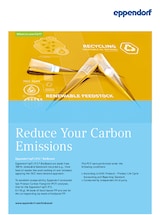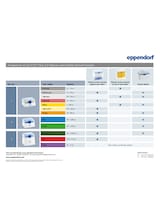epT.I.P.S.® BioBased
Product Information
Sustainability is playing an increasingly important role in the perception and purchasing decision of customers looking for laboratory consumables. The epT.I.P.S.® BioBased Biopur.® pipette tips, ep Dualfilter T.I.P.S.® BioBased and ep Dualfilter T.I.P.S.® SealMax® BioBased filter pipette tips in volumes up to 1,250 µL Long significantly reduce the product-related carbon footprint. These pipette tips are made of 100 % biobased polypropylene (mass balance approach: 100% biobased PP). They are available in new Reload variants significantly reducing plastic waste, and represent Eppendorf's serious attempt to decouple single-use consumables from the usage of fossil resources.-
Request lot-specific certificates (not applicable for "Eppendorf Quality")
-
More infos on biobased tubes
You will find additional download material at the bottom of this page
Products (30)
Accessories (3)
Catalog no.
0030075420
|
Catalog no.
0030075439
|
Catalog no.
0030075447
|
Catalog no.
0030075455
|
Catalog no.
0030075463
|
Catalog no.
0030075471
|
Catalog no.
0030081030
|
Catalog no.
0030081048
|
Catalog no.
0030081056
|
Catalog no.
0030081064
|
Product Information
Applications
Features
Product Information
Like our tips made of virgin fossil-based polypropylene, these tips are manufactured to extremely high quality and purity standards and are designed to cover all of the specific needs of your samples. Offering reduced-force tip attachment and ejection with complete sealing, epT.I.P.S.® BioBased pipette tips, ep Dualfilter T.I.P.S.® BioBased and ep Dualfilter T.I.P.S.® SealMax® BioBased filter pipette tips work in perfect combination with your Eppendorf pipettes and form a fully integrated pipetting system that delivers maximum precision, accuracy and reproducibility. They will complete your workflows in an excellent way. Additionally, they support you in your efforts to become visibly more environmentally friendly in the laboratory.
Since fossil oil-sourced plastic lab consumables replaced glass products, they have become irreplaceable in laboratories around the world, providing the high-quality standards needed in increasingly demanding research. However, this poses a growing challenge in respect to sustainability. This is why Eppendorf not only focuses on the development of new products but also on new, more environmentally friendly manufacturing materials. We have even succeeded in finding a polypropylene based on renewable raw materials which we are now using for the production of a new generation of pipette tips.
Together with the use of more sustainable starting material for the pipette tips, these biobased tips come in a Reload variant which meets the same purity and sterility requirements as conventional disposable Racks. This Reload variant saves up to 54 % fossil-based plastic compared to conventional Racks and significantly reduces the volume of laboratory waste. The new Reloads fit perfectly into the well-known epT.I.P.S.® Box 2.0.
Thus both aspects – biobased raw material for the pipette tips and significantly reduced use of plastic for the Reloads – contribute to an improved laboratory carbon footprint and to laboratory waste reduction.
Disposal of epT.I.P.S. BioBased pipette tips and their packaging material
Recycling of materials becomes more and more important every day. E.g. in Europe almost 100 % of cardboard material is already recycled. The packaging material of the epT.I.P.S. BioBased pipette tips is made of different materials – for the most part made from cardboard.
Eppendorf consumables and thus also epT.I.P.S. BioBased pipette tips are shipped in packaging in which both the shipping carton consists of at least 37 % and the folding carton consist of at least 60 % recycled cardboard.
Please support our global sustainability initiative of recycling valuable raw material by collecting the cardboard packaging material of tubes. Dispose of the packaging material in the designated collection containers in your organization and region.
After usage, the tips themselves are defined as potentially being contaminated. This contamination can be based on biohazard, chemical hazard, or even nuclear hazard. Therefore, recycling of these tips can be challenging. In many countries, critical waste must be burned due to legal restrictions. However, energy and heat can be recovered from thermal recycling of contaminated laboratory consumables.
To reduce the amount of critical plastic waste, you should use at least two waste containers: One for critical waste and one for non-critical waste. The definition of these two groups may depend on local regulations and should be communicated/trained in your lab accordingly. For further local waste recycling options please contact your local biosafety officer and your local waste management.
We strongly recommend a certified local recycling partner. Keeping it "local" will reduce the impact of transportation, and the "certified" aspect is recommended due to the safe and sustainable handling of lab waste.
Downloads: epT.I.P.S.® BioBased
Content
Filter
Reset all
